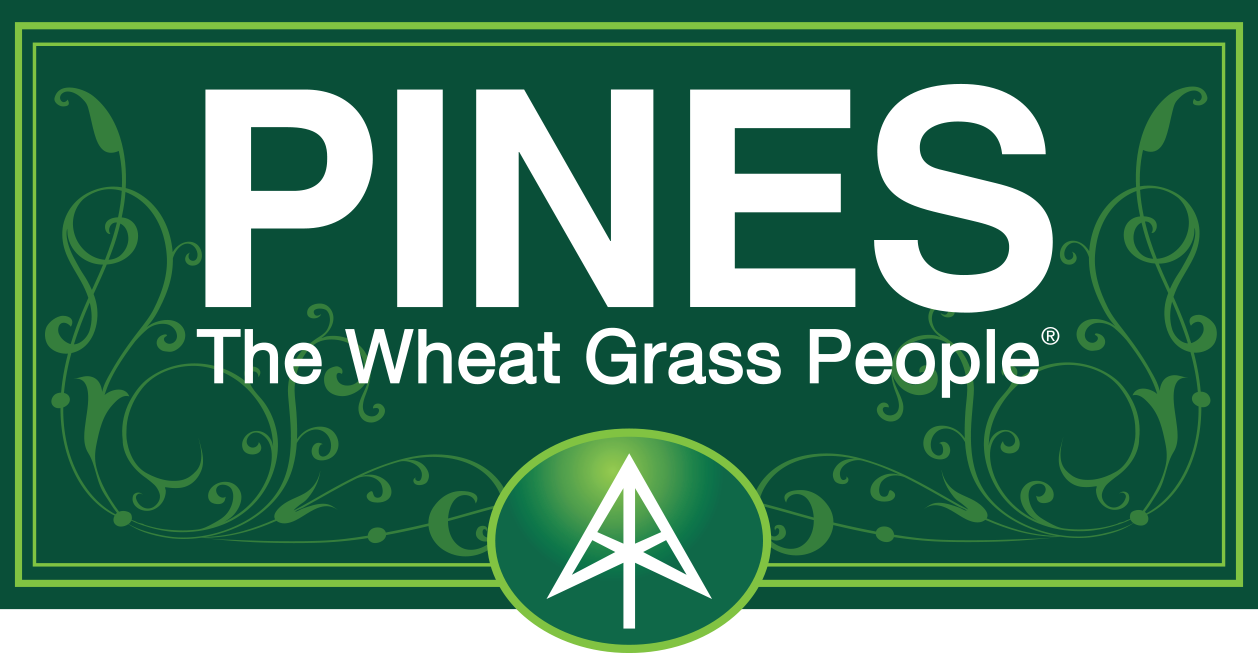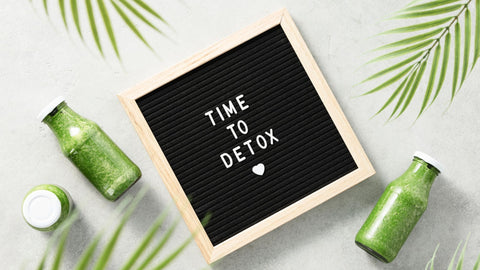Summer is often a time of indulgence. Vacations, barbecues, and late nights can all take a toll on our health. As the season winds down and routines resume, it's the perfect opportunity to give your body a much-needed reset with a gentle end-of-summer detox.
Why Detox?
Our bodies are constantly working to eliminate toxins, but factors like poor diet, stress, lack of sleep, and environmental pollutants can overburden these natural processes. A detox can help support your body's natural detoxification pathways and promote overall well-being.
Signs You Might Need a Detox:
- Feeling sluggish and fatigued
- Experiencing brain fog
- Struggling with digestive issues like bloating and constipation
- Skin breakouts
- Difficulty sleeping
- Increased sugar cravings
Detoxifying for Your Lifestyle
Whether you're a busy professional, an active individual, or someone enjoying their golden years, a detox can be adapted to fit your lifestyle.
- Busy Professionals: If your days are packed with meetings and deadlines, simplify your detox. Focus on incorporating nutrient-rich green smoothies into your routine, staying hydrated, and prioritizing sleep.
- Active Individuals: Support your active lifestyle with a detox that emphasizes whole foods, lean protein, and plenty of fluids.
- Seniors: A gentle detox can be particularly beneficial for older adults. Focus on easily digestible foods, fiber-rich options, and staying hydrated.
Key Elements of an End-of-Summer Detox
- Hydration: Water is essential for flushing out toxins. Aim for at least 8 glasses a day, and consider adding lemon for an extra boost.
- Nutrient-Rich Foods: Focus on whole, unprocessed foods like fruits, vegetables, and lean protein.
- Fiber Power: Fiber helps to sweep toxins out of the digestive tract. Include plenty of fruits, vegetables, and whole grains in your diet.
- Limit Processed Foods: Cut back on sugar, artificial ingredients, and processed foods. These can place an extra burden on your body's detoxification systems.
- Prioritize Sleep: Aim for 7-8 hours of quality sleep each night. Sleep is crucial for the body's repair and rejuvenation processes.
- Manage Stress: Stress can hinder detoxification. Incorporate stress-management techniques like meditation, yoga, or spending time in nature.
- Consider Supplements: Certain supplements can support detoxification pathways.
Superfoods to Support Your Detox
Nature provides us with powerful superfoods that can aid in detoxification. Here are a few standouts:
- Alfalfa: Rich in chlorophyll, vitamins, and minerals, alfalfa is a natural detoxifier. It can help to cleanse the blood, support digestion, and boost energy levels.
- Barley Grass: Another chlorophyll powerhouse, barley grass is packed with antioxidants and nutrients. It can help to alkalize the body, support the immune system, and promote healthy digestion.
- Wheatgrass: Known for its high chlorophyll content, wheatgrass is a potent detoxifier. It can help to cleanse the blood, boost energy levels, and support overall health.
Incorporating Superfoods into Your Detox
Pines offers a range of high-quality alfalfa, barley grass, and wheatgrass powders and tablets, making it easy to incorporate these superfoods into your detox routine.
- Powders: Add a scoop of your chosen powder to smoothies, juices, or water for a nutrient boost.
- Tablets: A convenient option for those on the go.
Sample Detox Smoothie Recipe
- 1 cup spinach
- 1/2 cup frozen berries
- 1 banana
- 1 scoop Pines Alfalfa Powder
- 1 cup water or coconut water
Blend all ingredients until smooth and enjoy!
Gentle Detox Tips
- Start Slowly: Don't drastically overhaul your diet overnight. Gradually incorporate these changes to give your body time to adjust.
- Listen to Your Body: Pay attention to how you're feeling. If you experience any adverse reactions, ease up on the detox.
- Consult a Healthcare Professional: If you have any underlying health conditions, consult with your doctor before starting a detox.
Beyond the Detox
While a detox can be a great way to reset your body, it's important to establish healthy habits for the long term. Focus on a balanced diet, regular exercise, stress management, and quality sleep to maintain your well-being year-round.
This blog post is intended for informational purposes only and does not provide medical advice. Please consult with a healthcare professional before making any significant changes to your diet or lifestyle.




Comments (0)
There are no comments for this article. Be the first one to leave a message!